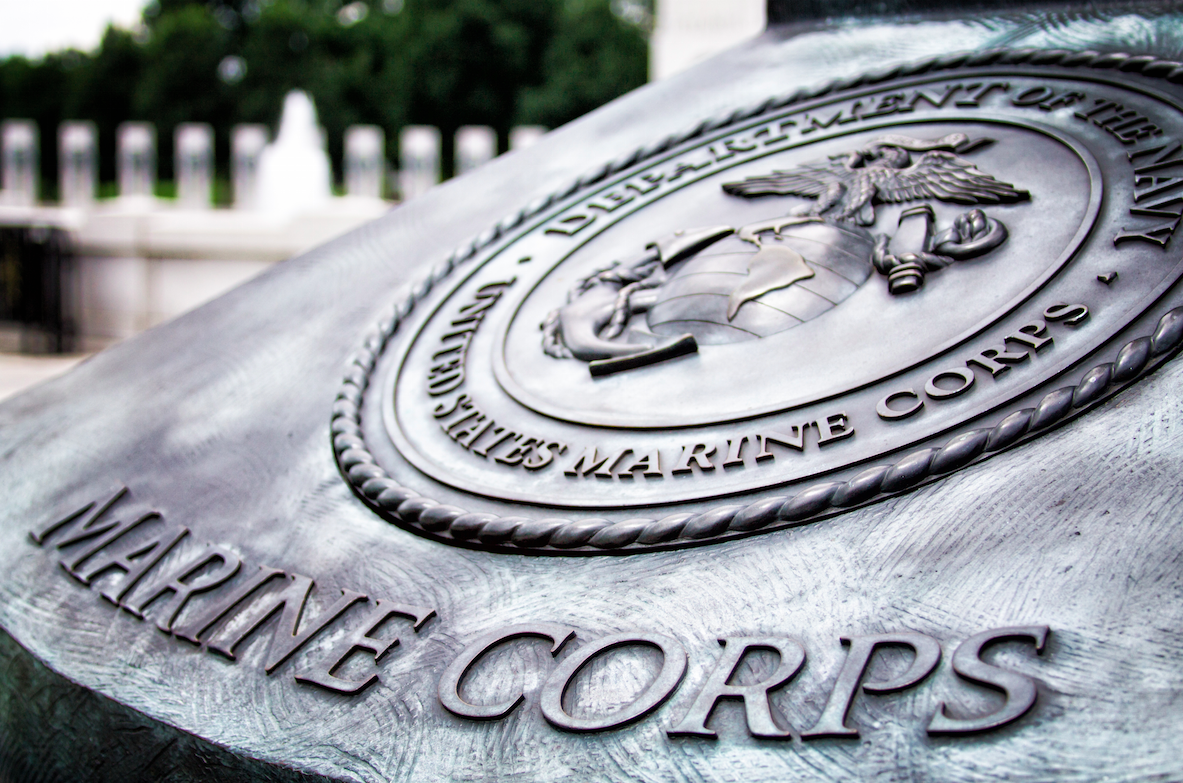
When Marine Corps captains Courtney Lynch and Angie Morgan left military service more than a decade ago for the private sector, they were surprised to find so few employees who understood the concept of leadership. There were leaders around, but “people were not recognizing that they were demonstrating leadership behavior,” explains Morgan. As a result of the oversight, they were missing out on opportunities to help their organizations succeed.
So Morgan and Lynch decided to share the leadership lessons they had learned in the Marine Corps with corporate America. They began by writing a book, Leading from the Front, which led to the development of a workshop, which morphed quickly into a full-fledged leadership development consulting firm named Lead Star. In the decade since, Lead Star has grown to work with companies like Facebook, ESPN, and Walmart, employing a variety of learning methods to help ensure leadership development is possible at each company.
How did military service help you start your own business?
“The Marine Corps is surprisingly entrepreneurial,” says Morgan. The essence of being an entrepreneur is being comfortable with ambiguity, which is what the Corps focuses on, she explains.
One of the core teachings in the Corps is how to make decisions fast. “So if we make decisions that turn out to be wrong, we quickly correct them,” she says. The pair adapts in real time, a skill most members of all the military branches are taught to do. “We learn on-the-go. We haven’t made great decisions every time, but we’re never wedded to them,” says Morgan. “We remain very flexible.”
In the military, we talk about having “command presence” – about exuding confidence, says Morgan. In the private sector, that confidence makes clients trust you more. It’s an asset.
“We respond quickly to changing market conditions,” says Morgan, which was a major reason the veterans believe their firm thrived during the recession when other small businesses failed. When training budgets at companies in certain sectors dried up, Lead Star shifted its marketing budget to industries that remained unaffected by the economic downturn.
What kind of growth is Lead Star experiencing?
“Last year our firm doubled in size. We’re a multi-million dollar firm and we’re proud that every year we’ve seen double-digit revenue increases,” says Morgan. Though as the firm continues to expand, she knows that growth percentage will likely subside somewhat.
To keep up with the high demand for the firm’s leadership development training and consulting services, Lead Star continues to hire. In 2015, the firm employed 13 full-time professionals. All its consultants are military veterans.
“We try to hire before the work is booked, rather than after,” she says, so that new employees can be trained and prepped before any kind of work backlog develops. Making that upfront commitment before clients have signed contracts has helped the firm maintain its high performance standards.
What are your plans for the future?
Says Morgan, “We’re positioning Lead Star to be a premier leadership development consultancy that helps businesses inspire leadership development movements throughout their organizations. We don’t offer leadership workshops; we deliver leadership experiences that inspire individuals to develop their leadership skills.” This approach allows the firm’s clients to operationalize leadership, so that it’s not just happening at the top levels of their organization. This is based on the idea that one workshop might not change leadership, but ongoing coaching and support certainly will.
The Lead Star team also has its next book coming out, Spark, in January 2017, which highlights the firm’s leadership philosophy. It is written for individuals at any level of an organization who are interested in maximizing their potential through their leadership development.